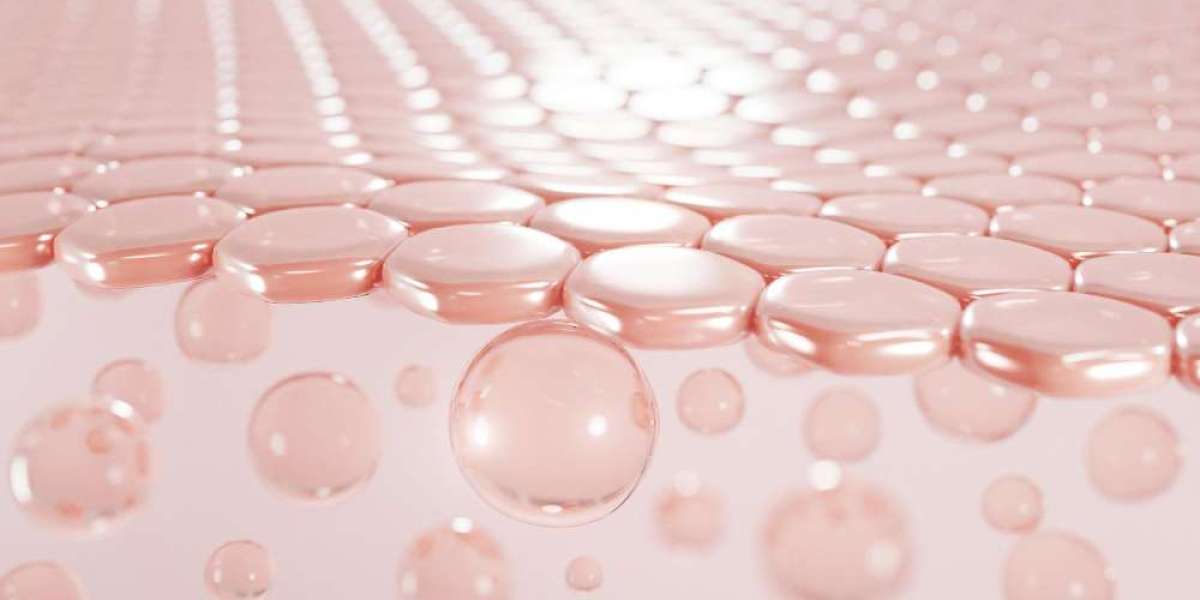article image source: freepik.com (link)
(What will be mentioned below is for advice and is not a substitute for consulting a doctor)
Collagen has become a go-to supplement in the beauty and wellness world. From powders and drinks to creams and capsules, it’s marketed as a solution for everything from youthful skin to joint support. But does it really live up to the hype?
What Is Collagen?
Collagen is the most abundant protein in the human body. It forms the structure of our skin, bones, muscles, and connective tissues. As we age—starting in our late 20s—our natural collagen production begins to decline by about 1% each year. Factors like sun exposure, diet, and stress can accelerate this process.
Some dermatologists encourage people to “bank” collagen early in life, with the idea that proactive use could slow visible aging later. But the science is still catching up to the marketing.
Can Supplements Boost Collagen Levels?
Many consumers, like 33-year-old Kimberlie Smith, report noticeable improvements in their skin and hair after taking marine collagen daily. But dermatologists remain cautious.
According to Dr. Emma Wedgeworth, a dermatologist based in London, collagen supplements must survive digestion and be absorbed into the bloodstream as peptides—smaller protein fragments. Even then, there's no guarantee these peptides will target the skin. They may be used by other tissues or organs.
Some studies do show potential benefits—particularly in skin hydration and elasticity—but most are funded by the supplement industry. Independent research is less conclusive.
advertisement
What About Collagen Creams?
Topical collagen products are less promising. Because collagen molecules are too large to penetrate the skin deeply, creams generally sit on the surface and provide minimal structural benefits.
Types of Collagen Supplements
There are three main types:
Marine collagen (from fish): Highest in type I collagen, which is found in skin and bones. Often recommended for skin health.
Bovine collagen (from cows): Commonly used for joint and muscle support.
Vegan collagen: Not true collagen, but blends of amino acids and vitamins intended to support the body’s own collagen production.
The Cost—and Commitment
Some users feel hesitant to stop once they start taking collagen, even without clear results. Supplements can cost upwards of £50–£60 per month. For some, it becomes a long-term investment based on hope rather than evidence.
Are There Better Alternatives?
Procedures like microneedling and laser treatments can stimulate collagen production directly by triggering the skin’s repair process. However, these treatments are expensive and not accessible to everyone.
According to Professor Faisal Ali, a dermatologist with the NHS, the best low-cost strategy is much simpler: consistent sun protection. UV exposure is one of the primary causes of collagen breakdown. A broad-spectrum SPF, combined with a healthy diet and avoiding smoking, has a far more proven impact on skin aging than most supplements.
Bottom Line
Collagen supplements may offer subtle improvements for some, but they’re not a guaranteed fix—and they’re not a substitute for good skincare habits. Until stronger independent research is available, sunscreen, sleep, and stress management remain the most reliable ways to support your skin from within.
Thank you !
















































































